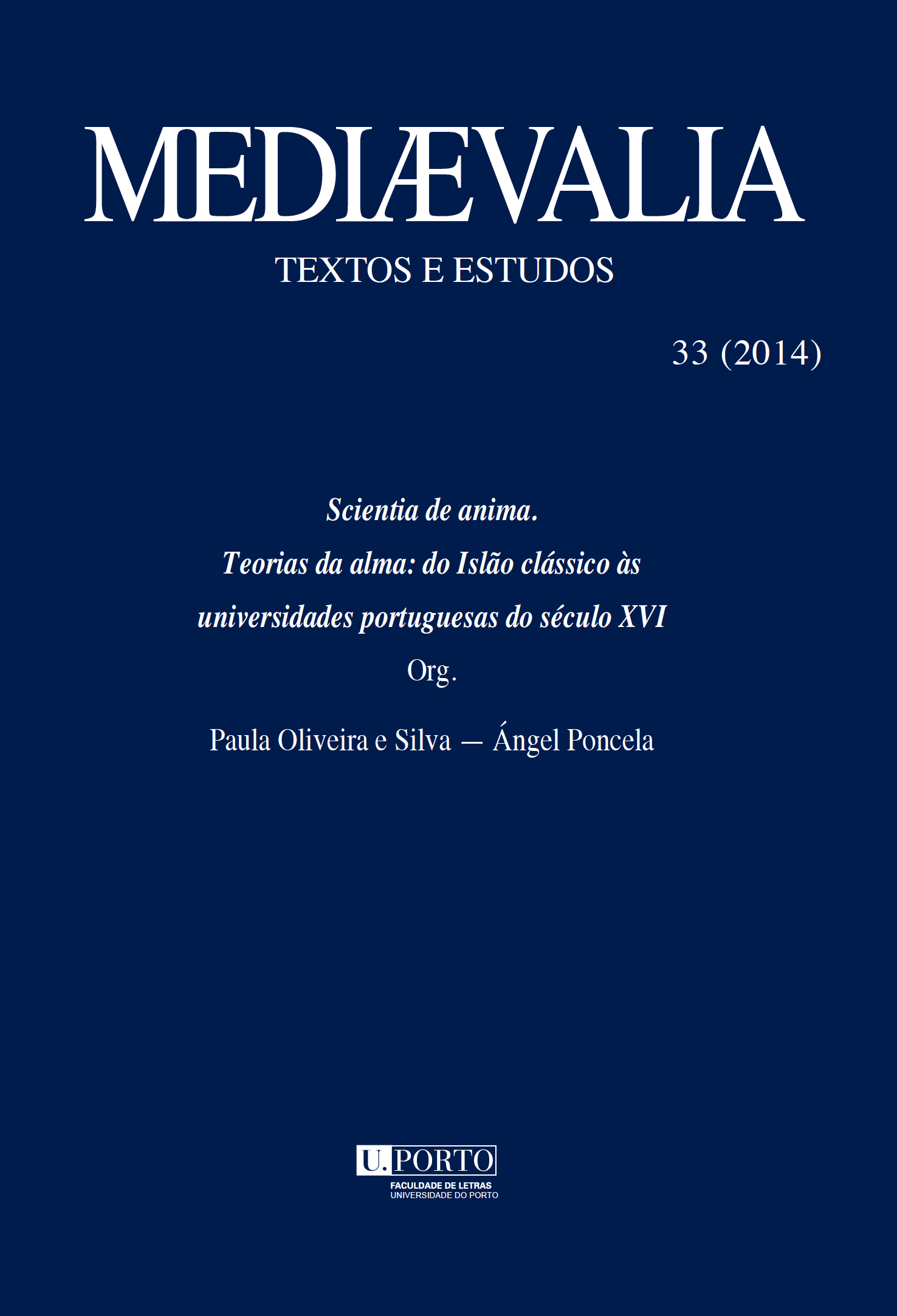Liberdade animal na Concordia de Luis de Molina
Resumo
Um dos pontos fundamentais da Concordia de Luis de Molina (1535-1600) é a definição de livre arbítrio humano que se formula no início da obra, que distingue entre agentes livres e agentes naturais. Neste contexto, o nosso trabalho pretende articular dois aspetos do conceito de liberdade: 1) estudamos a definição de livre arbítrio, salientando a ênfase que Molina coloca na racionalidade e na possibilidade de uma ação indiferente e contingente. Esta capacidade do agente livre contrasta com a ação necessária dos agentes naturais; 2) mostramos como Molina defende ainda assim um certo tipo de liberdade nos animais, condicionada pela intensidade das forças internas e circunstanciais.
Palavras-chave: Liberdade; necessidade; animais.
Autores antigos, medievais e de inícios da Idade Moderna: Aristóteles; Cirilo de Alexandria; João Buridano; Tomás de Aquino; Tomás de Vio Caetano; Francisco Zumel; Luís de Molina.
Downloads
Publicado
Edição
Secção
Licença

Este trabalho encontra-se publicado com a Licença Internacional Creative Commons Atribuição-NãoComercial-SemDerivações 4.0.






